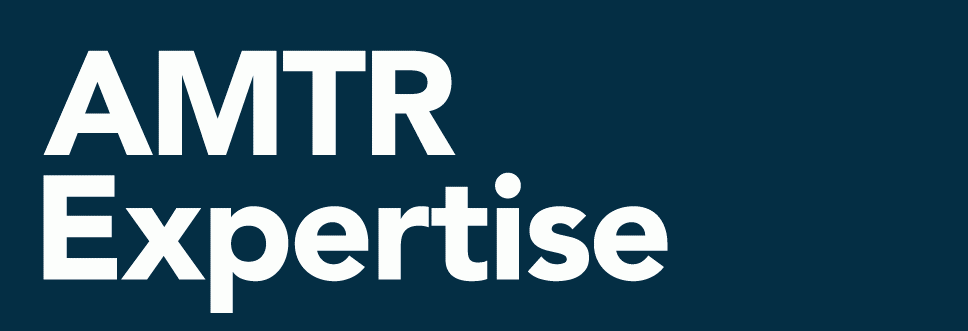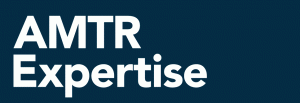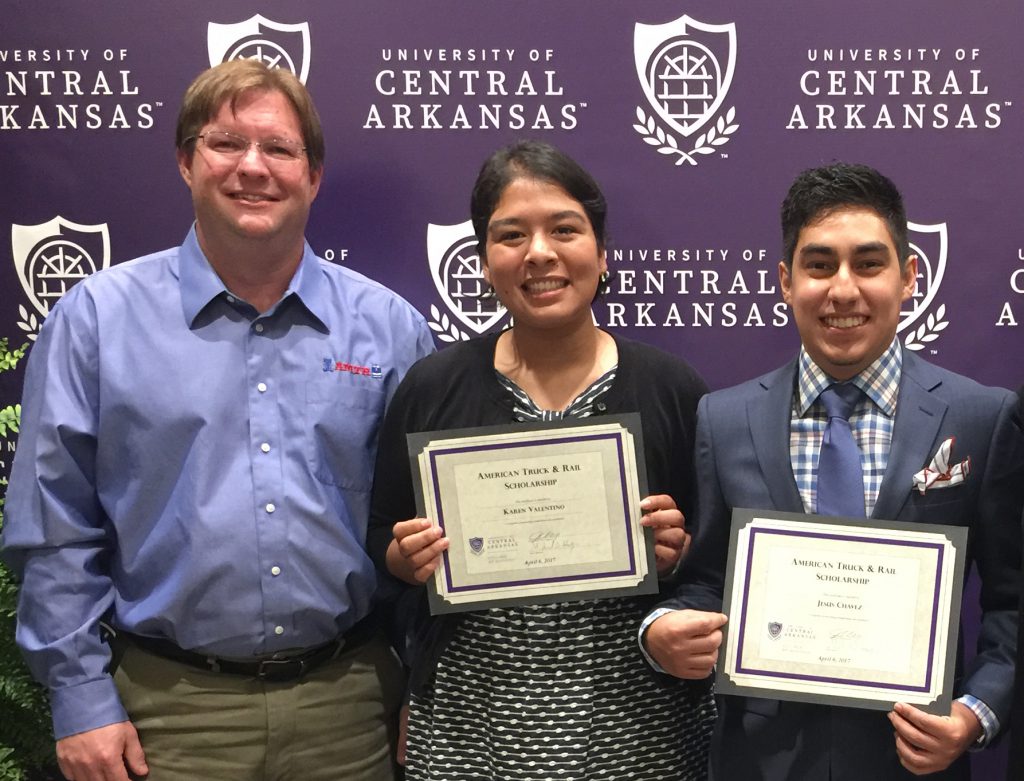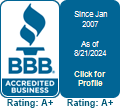The Association of American Railroads reports that U.S. carload and intermodal traffic is continuing its upward trend in 2017, surpassing 2016 numbers by approximately 4.5%. Coal, grain and nonmetallic minerals all saw upticks in volume; however, petroleum and related products, motor vehicles and parts, and forest products fell somewhat over last year’s numbers. Canadian and Mexican carload traffic is reporting nearly 9% increases over last year, as well. Whatever the commodity, as a shipper, your freight costs are an important part of your financial landscape. Rules and regulations vary substantially by commodity, so it is important to be well informed. Here at AMTR, we have experts in every commodity. Whether you ship sand, steel, sugar or any other commodity, AMTR can help you make sure you are being charged the lowest carrier rates and billing errors are rectified quickly, boosting your bottom line.
Asking Congress for funds to increase the highway infrastructure is a top priority for trucking companies. Economic growth and increased job opportunities are necessary and important to these companies and their drivers. Mike Ducker, CEO and President of FedEx Freight, and Derek Leathers, CEO and President of Werner Enterprises, both recently testified before a Senate panel asking for more investments in the highway infrastructure “to safely and efficiently move the nation’s goods.” They both agree that there is a great need for improvement now, more than ever. There are many reasons that more support and further investments are necessary, but the primary concerns are traffic congestion, high freight demands and insufficient truck parking. These factors combined cause traffic backups and subsequently, added stress on the drivers. Most companies and organizations support the increase for federal investments and understand that these investments would be beneficial to the drivers and create safer conditions for everyone.
Have you ever given someone a task and come back later to find it was done differently than expected? This happens everywhere, from large projects like home remodeling to smaller office requests such as an email. Regardless of where the disconnect occurs, it can be frustrating—not to mention time-consuming—to redo what is necessary. Another option is to just accept the way it is and move on. Often, when providing feedback to our clients about their freight costs, this type of situation is brought to light. Processes that were created and that met certain needs at the time of implementation are discovered to be working differently than expected due to different demands and unforeseen changes. This can include IT programming, data entry and payment approval processes. Sometimes even the contract rates contain a glitch which may prevent them from being applied to loads properly.
Great ideas may be implemented and function properly, but having an objective, outside source look at every angle is crucial to identifying various misinterpretations that occur along the way. Let a team with expert freight knowledge analyze your processes today!
On Thursday, April 7th, AMTR was pleased to announce its scholarship recipients at the University of Central Arkansas’ College of Business awards. Ms. Karen Valentino received the Management Information Systems scholarship and Mr. Jesus Chavez, the Supply Chain Management scholarship. Congratulations to these
deserving winners!
Multiple times per year, the National Motor Freight Classification (NMFC) manual is revised through the issuances of supplements. Some of the most impactful changes made by these updates are the cancellation or alteration of article classifications. Most supplements issued by the NMFC contain dozens of items which are canceled, added or altered. It is critical for shippers to be aware of the class changes within these supplements and when they are effective, as these changes have big repercussions on shipping costs.
Shippers may use templates for their bills of lading with pre-determined NMFC item numbers and descriptions. They may even afford blank areas for weight, dimensions, number of packages, type of package, etc. If the template contains an item which was canceled or altered by a NMFC supplement, the shipment will be vulnerable to carrier inspections. These templates may remain in error for years. When carrier billing clerks encounter a canceled classification, a generic class may be applied that is more costly. Sometimes, a density based NOI class will be utilized as a default option.
AMTR is diligent in reviewing item cancellations and updates from supplements before they become effective and affect your shipping costs. Let us assist in avoiding any costly oversights!
As a knowledge-intensive company, AMTR has to be aware of what constitutes our mission-critical knowledge, as well as the nature of it—explicit or tacit. Explicit knowledge is defined as the kind of knowledge that we can write down and share with others in instructions, manuals or databases. It can also be easily captured, stored and transmitted. Tacit knowledge, however, includes know-how, rules of thumb, experience, insight and intuition. This type is hard to capture, express or transmit. Although AMTR’s mission-critical knowledge is both tacit and explicit, tacit knowledge has always been at the core of our business model and is the essence of the “AMTR difference” and competitive advantage.
Much of the hype in the freight cost industry currently focuses on audits using automated technologies such as rate engines, transportation management systems and various payment systems. These are great tools, no doubt, but they are built based on explicit–or codified–knowledge. These tools can identify errors but only within a narrow domain as defined by the codified algorithms and parameters they have been programmed to recognize.
Shippers understand that freight is complex. Some of the complexities that drive freight cost problems include automation, system conversions, governing document accuracy, transportation knowledge loss and tighter payment deadlines. Computers cannot handle many aspects of those complexities very well, and that is where our freight audit experts come into play. Only humans can bring tacit knowledge to bear; only AMTR auditors can look at the big picture and follow up with the questions, research and knowledge required.
When it comes to freight cost audits, shippers have lots of choices. Choose AMTR and experience the tacit knowledge difference!












